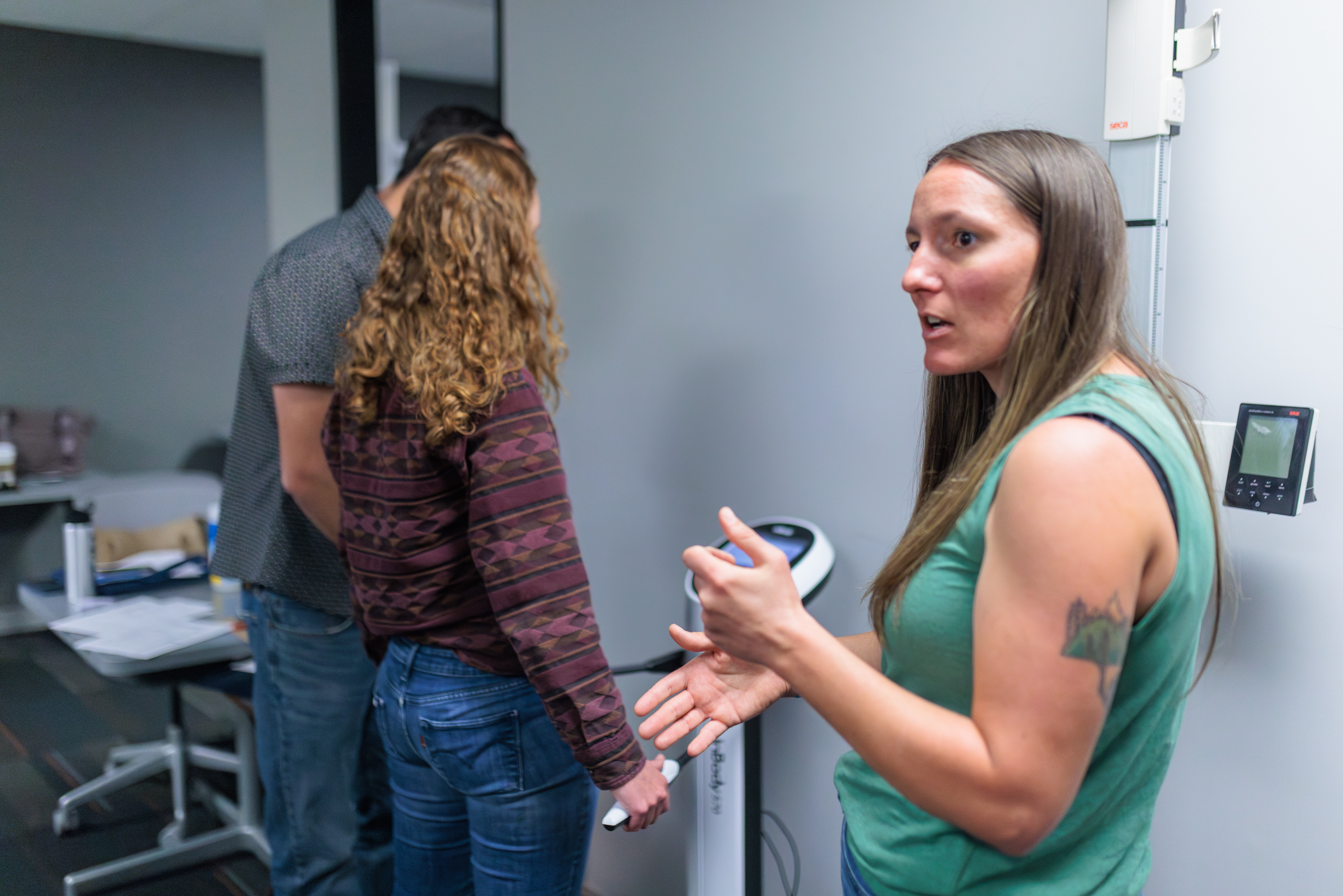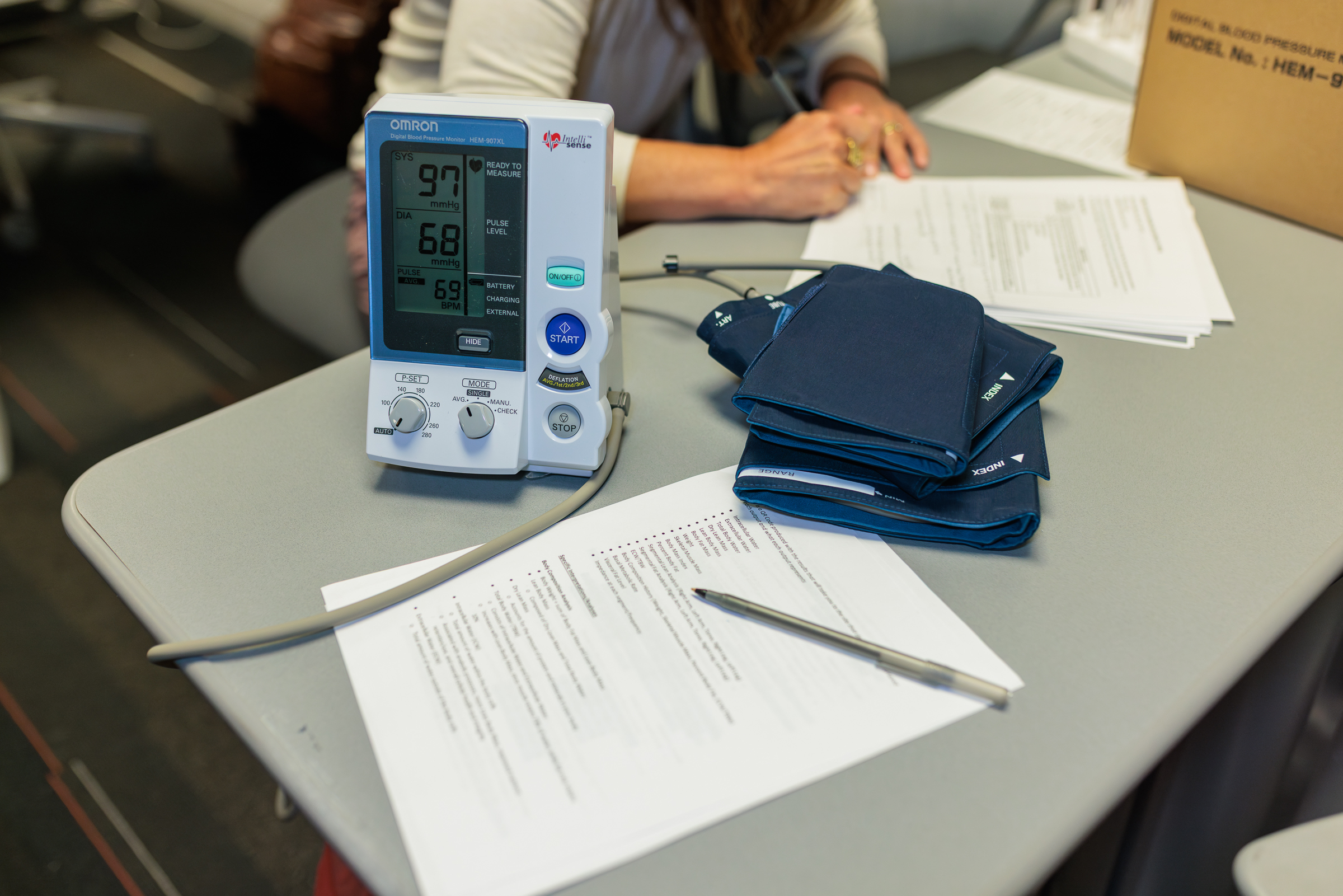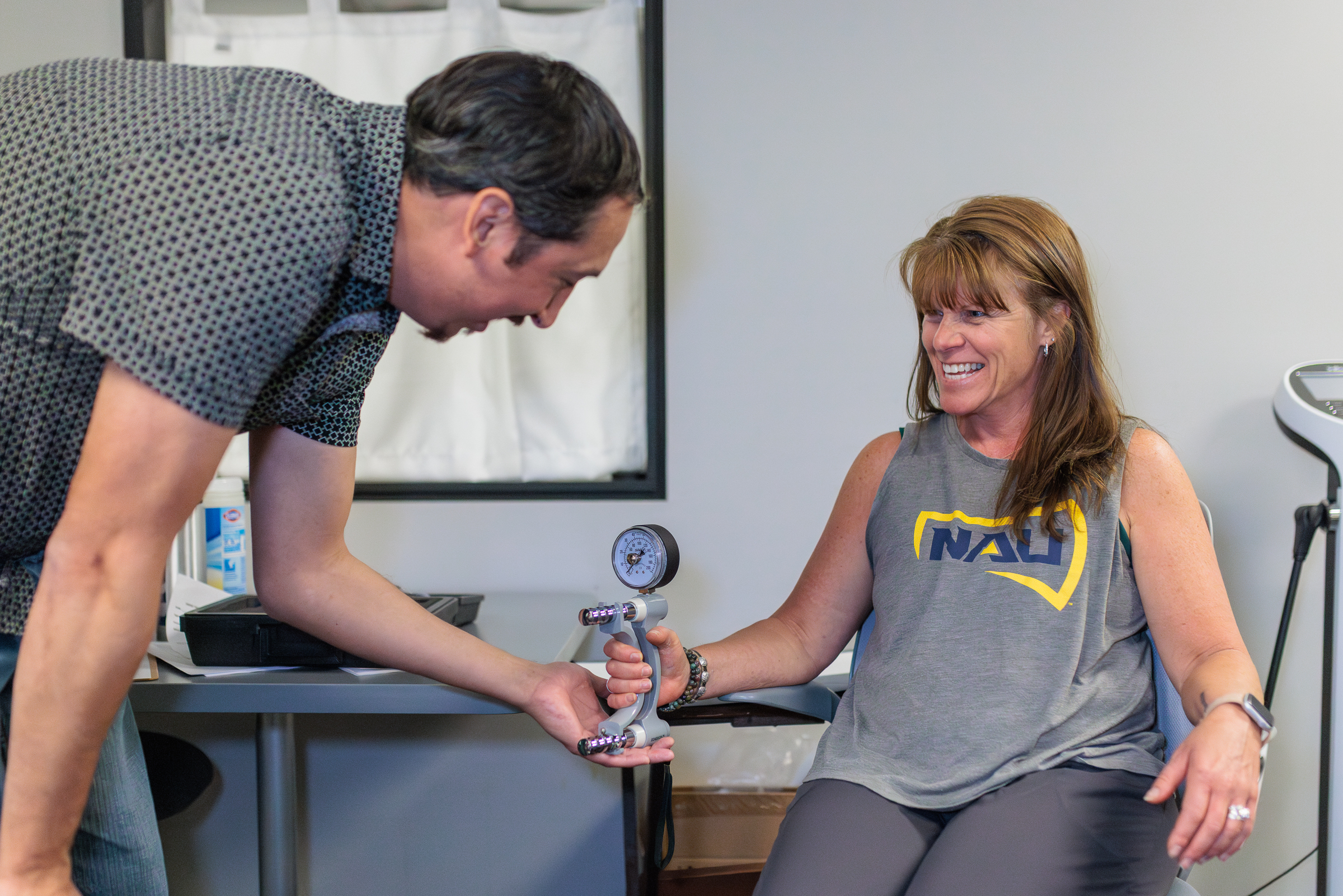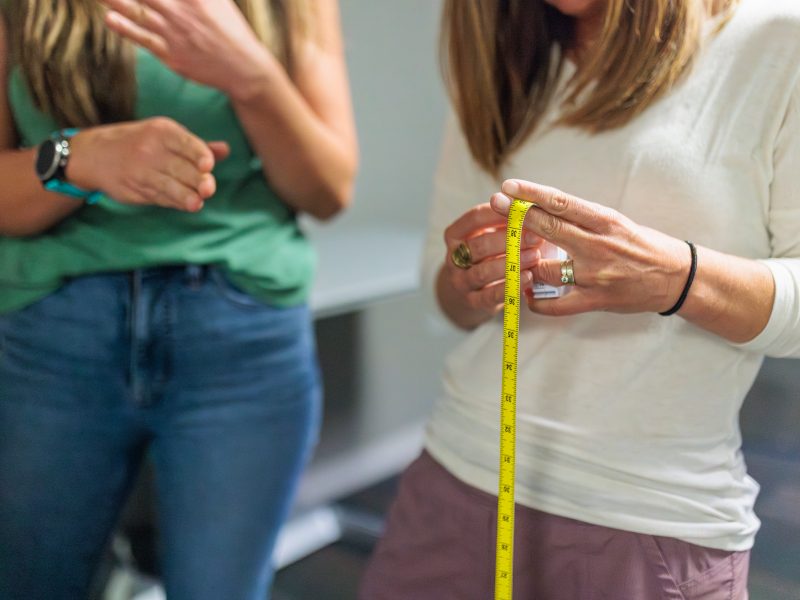Studying Health During and After Incarceration: SHERC Project Enters Phase Two
Researchers from Northern Arizona University’s Center for Community Health and Engaged Research (CHER) and the University of Arizona are entering the next stage of a groundbreaking study at the Yavapai County Detention Center (YCDC) aimed at understanding how incarceration affects health outcomes both inside the facility and after release.

The project, funded by the Southwest Health Engagement & Research Collaborative (SHERC), began with relationship-building between the research team and YCDC leadership, laying the groundwork for a partnership rooted in trust and transparency. SHERC’s mission to advance health outcomes through community-engaged research has guided the project’s approach from the start, ensuring that the work is meaningful and responsive to the needs of those directly impacted by incarceration.

In Phase Two, researchers will gather health-related data from both men and women currently incarcerated at YCDC. Measurements will include blood pressure, hand-grip strength, and body composition, along with other indicators of physical health. Volunteers from CHER were invited to test the equipment ahead of the visit to YCDC and allowed the researchers to get comfortable using the equipment with live participants.

Participants will also complete a baseline questionnaire to provide additional context on their health history and social determinants of health. Over the following year, the team will conduct three follow-up sessions with each participant, repeating the same measures to track changes over time. This longitudinal approach will help identify long-term health trends and potential risks associated with incarceration, offering valuable insight into an often-overlooked public health issue.

While participation in the study is entirely voluntary, researchers hope that many individuals will take part. The information gathered will contribute to the broader goal of scientifically assessing the impact of incarceration on people’s health and using those findings to develop innovative, evidence-based strategies that support better outcomes during and after incarceration.

By combining community engagement, health science, and SHERC’s commitment to advancing public health outcomes, the project aims to spark new conversations and solutions for improving the health of incarcerated populations in Yavapai County and throughout Arizona.
Project Investigators:
- Ricky Camplain (Principal Investigator)
- Brooke de Heer (NAU)
- Sara Shuman
- Linnea Evans
- Elizabeth Schmitter (NAU)
- Meredith Brown (NAU)
- Amy Gelatt (NAU)
- Travis Pinn (NAU)
- Megan Marshall (NAU)
